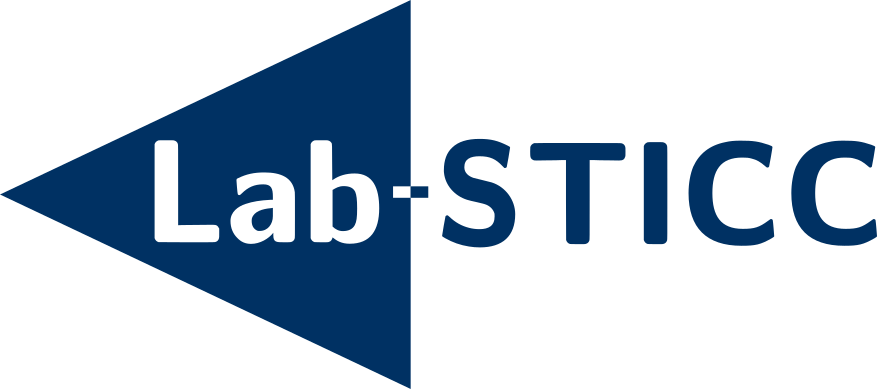Deep Q-Learning-Based Dynamic Management of a Robotic Cluster
Résumé
The ever-increasing demands for autonomy and precision have led to the development of heavily computational multi-robot system (MRS). However, numerous missions exclude the use of robotic cloud. Another solution is to use the robotic cluster to locally distribute the computational load. This complex distribution requires adaptability to come up with a dynamic and uncertain environment. Classical approaches are too limited to solve this problem, but recent advances in reinforcement learning and deep learning offer new opportunities. In this paper we propose a new Deep Q-Network (DQN) based approaches where the MRS learns to distribute tasks directly from experience. Since the problem complexity leads to a curse of dimensionality, we use two specific methods, a new branching architecture, called Branching Dueling Q-Network (BDQ), and our own optimized multi-agent solution and we compare them with classical Marketbased approaches as well as with non-distributed and purely local solutions. Our study shows the relevancy of learning-based methods for task mapping and also highlight the BDQ architecture capacity to solve high dimensional state space problems.
| Origine | Fichiers produits par l'(les) auteur(s) |
|---|

